Taliban leaders seek to reassure world on girls’ education
Life appears to be limping back to normalcy as banks reopen nationwide
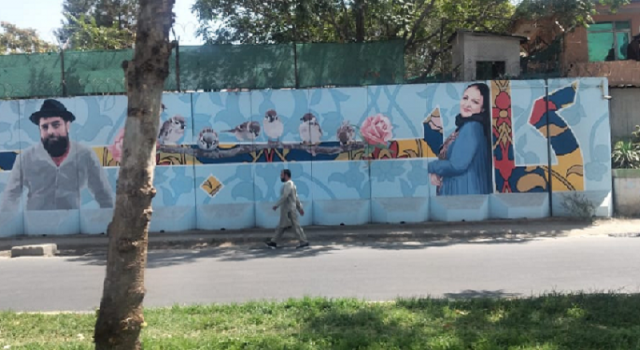
Taliban leaders seek to reassure the world as life appears to be limping back to normalcy in Afghanistan following the chaos triggered by the frenzied US exit hastened by the fall of Afghan provinces to the movement with bewildering rapidity.
Financial institutions resumed operations across the country on Thursday following a notification issued by the Islamic Emirate of Afghanistan (IEA), while Western Union also announced it was resuming money-transfer services to the country.
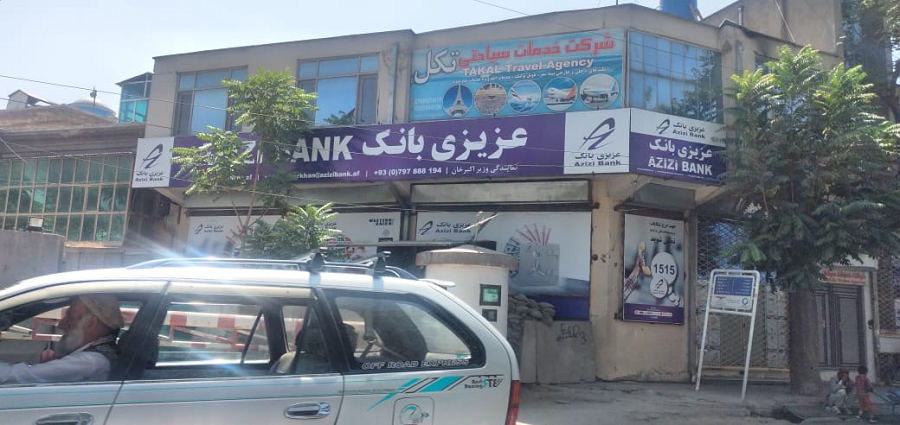
The central bank, ‘Da Afghanistan Bank’, which regulates all banking and money handling operations, resumed operations nationwide, while Bank Azizi, Afghan Islamic Bank, Kabul Bank, and Afghan United Bank, have reopened in a few cities.
Afghanistan has nine banks – six commercial and three state-owned. “There is an unusual rush of account holders at bank branches due to outstanding issues,” Maulvi Lutfullah Mohlis, the in-charge of the Taliban ministry of peace, told The Express Tribune.
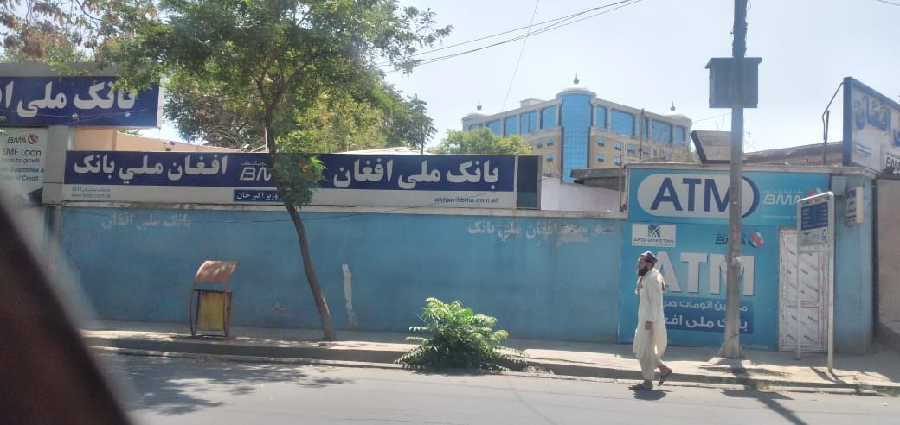
Maulvi Lutfullah Mohlis was a student of Maulvi Younus Khalis, who had led his eponymous faction of Hizb-e-Islami, during the jihad against the Soviets in the 1980s. The Taliban had embraced the ideology of Maulvi Younus Khalis.
Meanwhile, Western Union, which suspended operations two weeks ago, said on Thursday that it was resuming money-transfer services to Afghanistan.
— Western Union (@WesternUnion) September 2, 2021
Jean Claude Farah, Western Union's president in Asia, Europe, the Middle East and Africa, told Reuters news agency that the decision was part of an American push to allow humanitarian activity to continue after the Taliban's takeover.
“Much of our business involving Afghanistan is low-value family and support remittances that support basic needs of the people there, so that’s the grounding that we have and why we want to reopen our business,” he said.
Qatar is working with the Taliban to re-open Kabul's airport as soon as possible, the country's foreign minister has said. Hamid Karzai International Airport, which was the scene of a chaotic evacuation which ended with the withdrawal of the US on Tuesday, is currently out of operation.
"We are working very hard (and) we remain hopeful that we will be able to operate it as soon as possible," said Sheikh Mohammed bin Abdulrahman al-Thani. “Hopefully in the next few days we will hear some good news,” he told a news conference in Doha.
A flight carrying a team of technicians from Qatar became the first plane to land in Kabul since the evacuations on Wednesday.
Panjshir resistance
Panjshir, the last Afghan province opposing Taliban rule, has been under siege since the National Resistance Front of Afghanistan (NRFA), a rebel group holed up in the remote valley, announced it would fight.
“We started operations after negotiation with the local armed group failed," Taliban spokesman Zabihullah Mujahid said, according to the Reuters news agency. Taliban fighters had entered Panjshir and taken control of some territory, he added.
Ahmed Massoud, son of the late jihadi commander Ahmed Shah Massoud, and former first vice president Amrullah Saleh are leading the Panjshir resistance.
Maulvi Lutfullah said if the leaders of Panjshir resistance gave up the fight and turned themselves in, they would be pardoned in line with a general amnesty announced by the Taliban. However, he went on to add that there would be no quid pro quo, meaning the Panjshir resistance leaders would not be given any share in the new governing set-up.
“In Islamic Sharia, the Shura takes decisions and everyone has to submit without any qualms,” Maulvi Lutfullah told The Express Tribune.
Maulvi Lutfullah also sought to quash “rumours spread by Western media” that the Taliban are restricting girls’ education. “All boys are girls primary schools – till Grade VI – have reopened across the country, while a separate mechanism was going to be put in place for Grade VII to Grade XII,” he said.
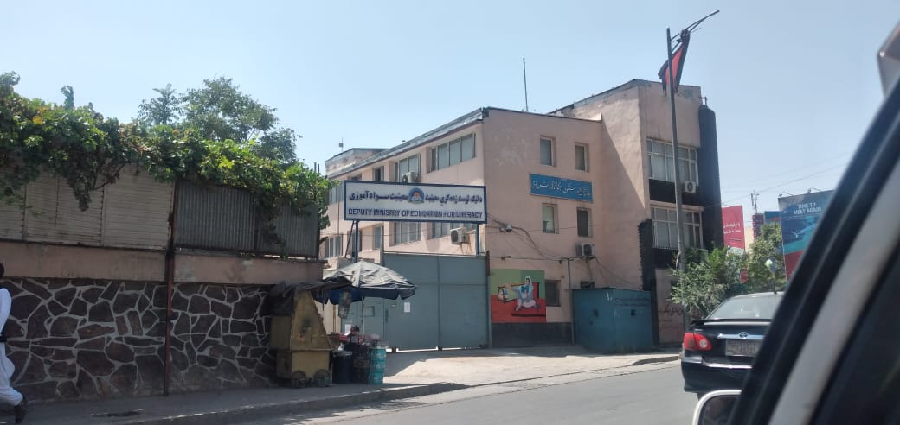
Separate high schools would be opened for girls, he added but clarified that the Taliban would not restrict women from acquiring education. “They are free to engage in economic activity and seek employment in every field of economy while following Islamic Sharia,” he said.
Maulvi Abdul Wakeel Sadaqat, another member of the Taliban peace ministry, also dispelled the impression in the West that like the past the Taliban would impose some regressive ideology on the Afghans.
“We have never been against women’s right to education and employment, but we were not allowed to rule,” Maulvi Sadaqat told The Express Tribune while referring to the first Taliban regime which was toppled by the US in 2001.
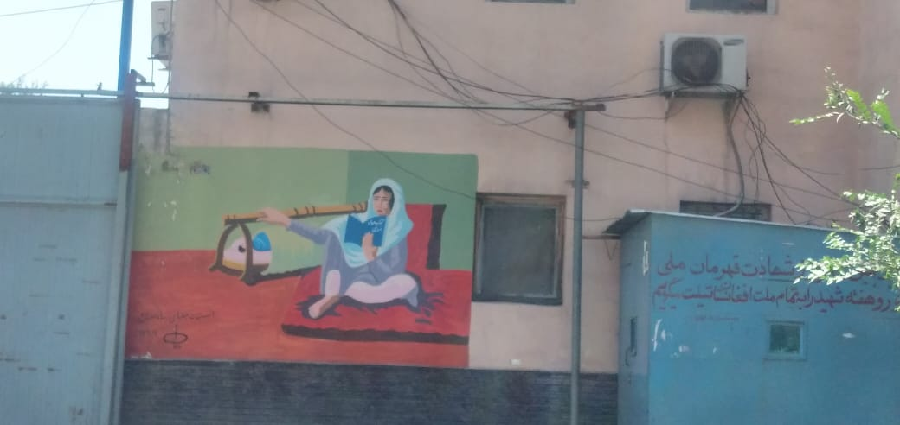
“If the Taliban are allowed to establish an Islamic rule in Afghanistan, they would set up an exemplary governance model in the region,” he added.
As the international community recovers from the shock of the swift Taliban takeover, global leaders warn of the perils of isolating the Taliban.
On minority rights, Maulvi Sadaqat said they enjoyed complete freedom in the Islamic Emirate of Afghanistan. “Soon after the Taliban takeover of Kabul on 8th of Muharram and immediately provided security to the Shia mourning processions in the country,” he added. “We offered them full security despite the fact that there was power vacuum in Kabul and threats from Da’ish were high.”
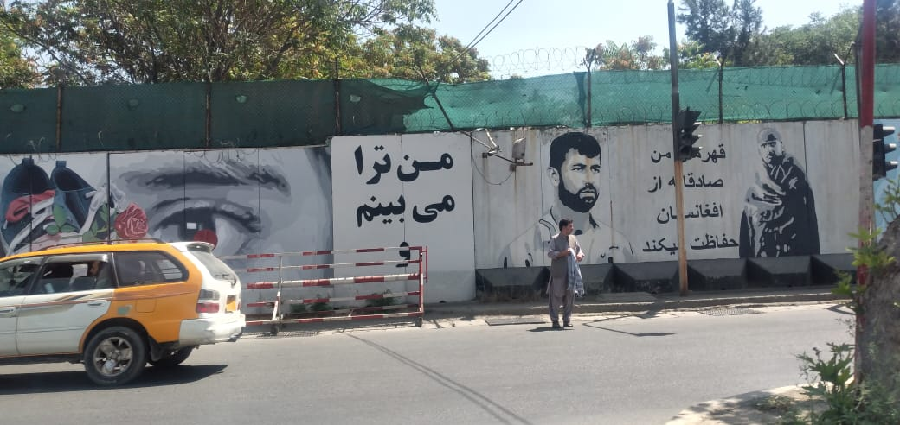
He also assured that the Islamic Emirates of Afghanistan would not gag the media and it would be allowed to work independently as long as it follows Afghan norms, traditions and Islamic Sharia.
(With additional input from News Desk)

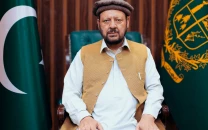
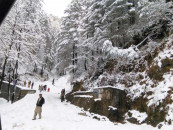


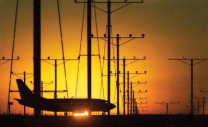
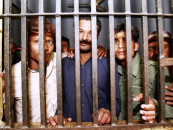












COMMENTS
Comments are moderated and generally will be posted if they are on-topic and not abusive.
For more information, please see our Comments FAQ